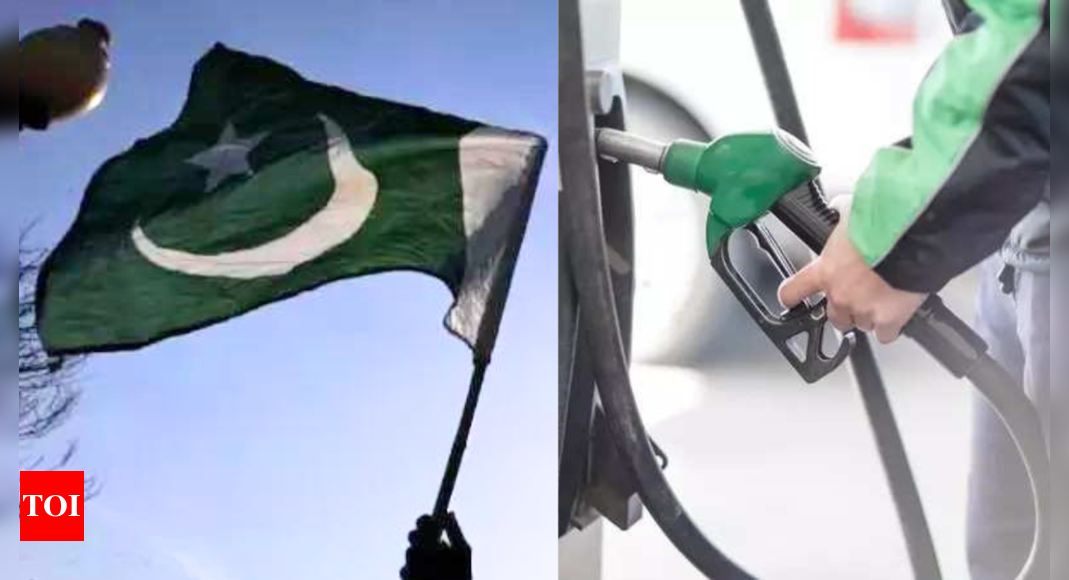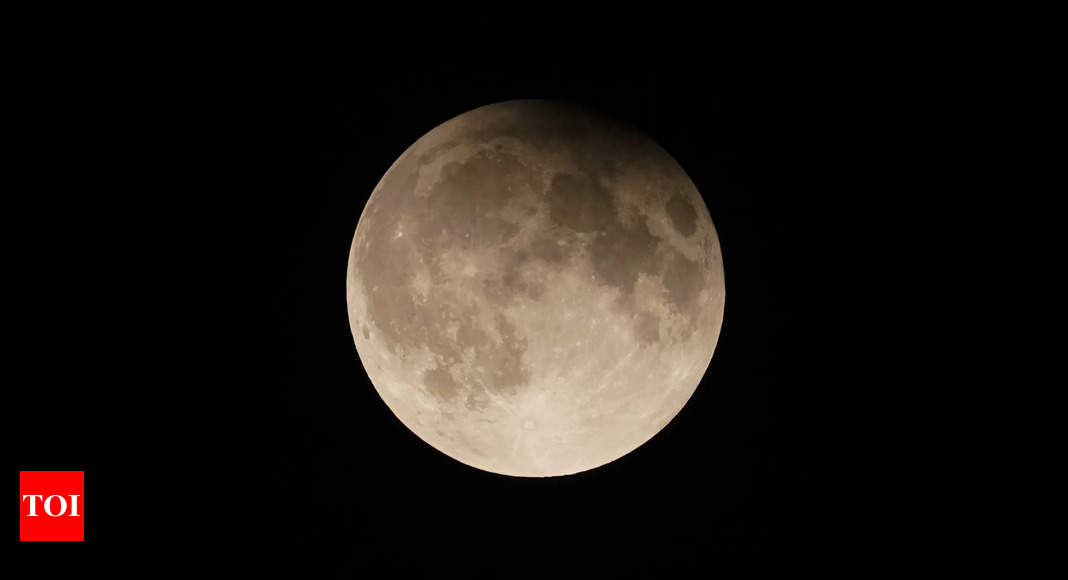
ISLAMABAD: The Pakistan government has announced significant increases in petrol and high-speed diesel (HSD) prices, citing fluctuations in international markets as the reason behind the hikes, Dawn reported.
According to a notification from the Finance Division, petrol prices surged by PKR 9.99 per litre, reaching PKR 275.6/ltr, while HSD saw a rise of PKR 6.18/ltr, settling at PKR 283.63/ltr for the upcoming fortnight.The adjustment, it clarified, was necessary due to recent price variations in global oil markets.
Importantly, the government emphasised that there would be no changes to the current levels of applicable duties and taxes, maintaining them at their existing rates despite the price increases.
Sources revealed that international market prices for petrol and HSD had climbed by approximately USD 4.4 and USD 2 per barrel, respectively, over the last two weeks, prompting the adjustments, as reported by Dawn.
In anticipation of higher global oil prices, analysts had forecast increases exceeding PKR 7.60 and PKR 3.50 per litre for petrol and HSD, respectively. Import premiums during the period remained unchanged at USD 9.60 and USD 6.50 per barrel for petrol and HSD, respectively, while the Pakistani Rupee depreciated by about 17 paise against the dollar over the same fortnight.
The government also disclosed its decision to raise the maximum limit of the petroleum development levy (PDL) to PKR 70 per litre through the Finance Bill. This move aims to bolster revenue collection, targeting PKR 1.28 trillion for the current fiscal year, up from PKR 960 billion in the previous year and surpassing the initial budget target by PKR 91 billion.
Taxes on both petrol and HSD currently stand at approximately PKR 77 per litre, alongside a fixed PKR 60 per litre PDL, which notably impacts consumers. Additionally, a PKR 17 per litre customs duty is applied uniformly to both locally produced and imported petrol and HSD.
The price hikes in petrol and diesel are expected to impact inflation, with petrol predominantly used in private transport, rickshaws, and two-wheelers, while diesel is crucial for heavy transport vehicles and contributes significantly to the cost of essential commodities such as vegetables, Dawn reported.
According to a notification from the Finance Division, petrol prices surged by PKR 9.99 per litre, reaching PKR 275.6/ltr, while HSD saw a rise of PKR 6.18/ltr, settling at PKR 283.63/ltr for the upcoming fortnight.The adjustment, it clarified, was necessary due to recent price variations in global oil markets.
Importantly, the government emphasised that there would be no changes to the current levels of applicable duties and taxes, maintaining them at their existing rates despite the price increases.
Sources revealed that international market prices for petrol and HSD had climbed by approximately USD 4.4 and USD 2 per barrel, respectively, over the last two weeks, prompting the adjustments, as reported by Dawn.
In anticipation of higher global oil prices, analysts had forecast increases exceeding PKR 7.60 and PKR 3.50 per litre for petrol and HSD, respectively. Import premiums during the period remained unchanged at USD 9.60 and USD 6.50 per barrel for petrol and HSD, respectively, while the Pakistani Rupee depreciated by about 17 paise against the dollar over the same fortnight.
The government also disclosed its decision to raise the maximum limit of the petroleum development levy (PDL) to PKR 70 per litre through the Finance Bill. This move aims to bolster revenue collection, targeting PKR 1.28 trillion for the current fiscal year, up from PKR 960 billion in the previous year and surpassing the initial budget target by PKR 91 billion.
Taxes on both petrol and HSD currently stand at approximately PKR 77 per litre, alongside a fixed PKR 60 per litre PDL, which notably impacts consumers. Additionally, a PKR 17 per litre customs duty is applied uniformly to both locally produced and imported petrol and HSD.
The price hikes in petrol and diesel are expected to impact inflation, with petrol predominantly used in private transport, rickshaws, and two-wheelers, while diesel is crucial for heavy transport vehicles and contributes significantly to the cost of essential commodities such as vegetables, Dawn reported.









